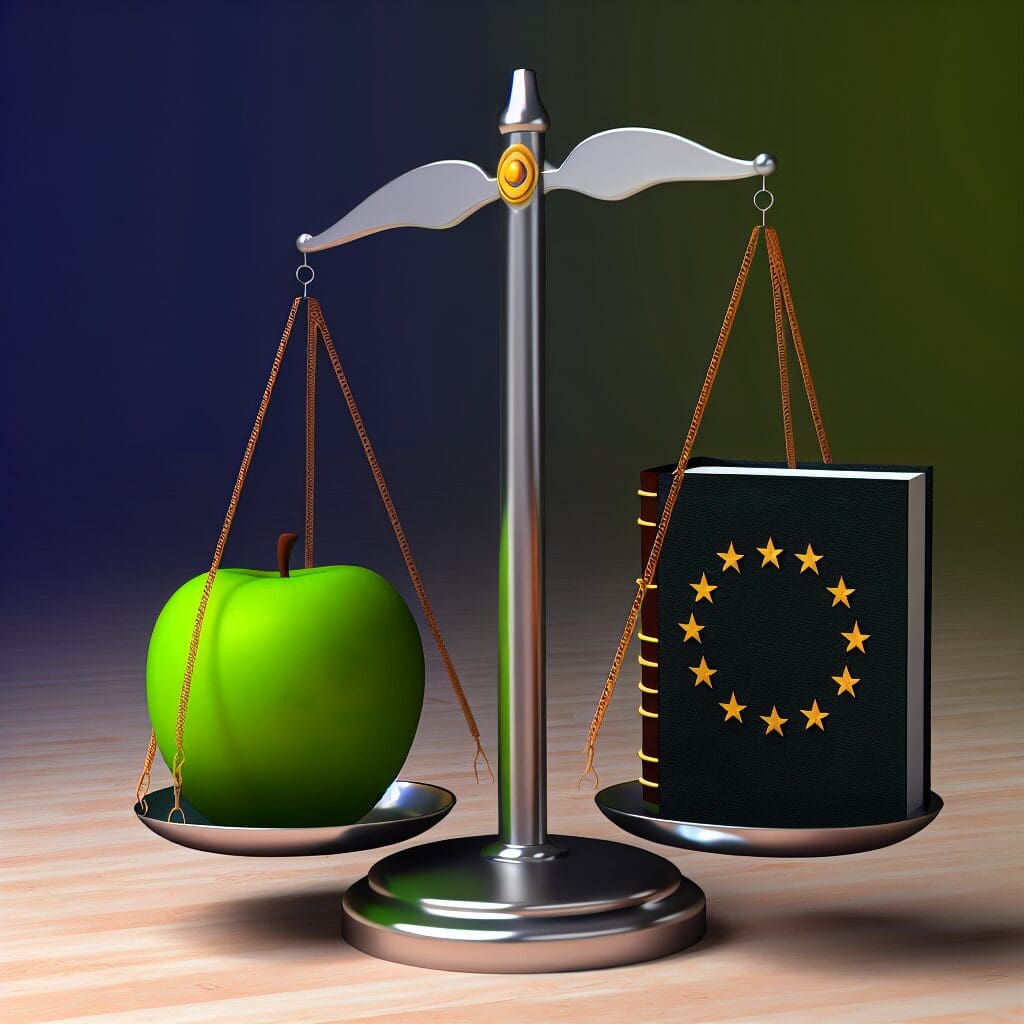Apple has taken significant steps to realign its policies in response to increasing regulatory scrutiny from the European Union. As the EU enforces stringent digital market regulations aimed at promoting competition, Apple is adjusting its practices to comply with these new standards, which are essential for maintaining its market position.
One of the most notable changes involves Apple’s approach to data sharing and interoperability. In a bid to address concerns over its App Store monopoly, Apple is reportedly developing strategies that enable third-party app developers to have greater access to its platform. This aligns with the EU’s Digital Markets Act, which aims to reduce the control major tech firms have over their ecosystems.
Furthermore, Apple is revising its privacy protocols, enhancing transparency about how user data is handled. This shift comes after feedback from both consumers and regulatory bodies, emphasizing a need for more clarity and user agency in data management. As a result, the European Commission plans to assess Apple’s compliance with these adjustments closely.
These policy changes not only reflect Apple’s commitment to regulatory adherence but also signify a broader trend in the tech industry to adapt to evolving legal frameworks. Companies that proactively adjust their policies are likely to thrive amidst regulatory pressures, positioning themselves as leaders in ethical business practices. The ongoing evolution of these regulations serves as a reminder for businesses to stay vigilant and flexible in their strategies.












